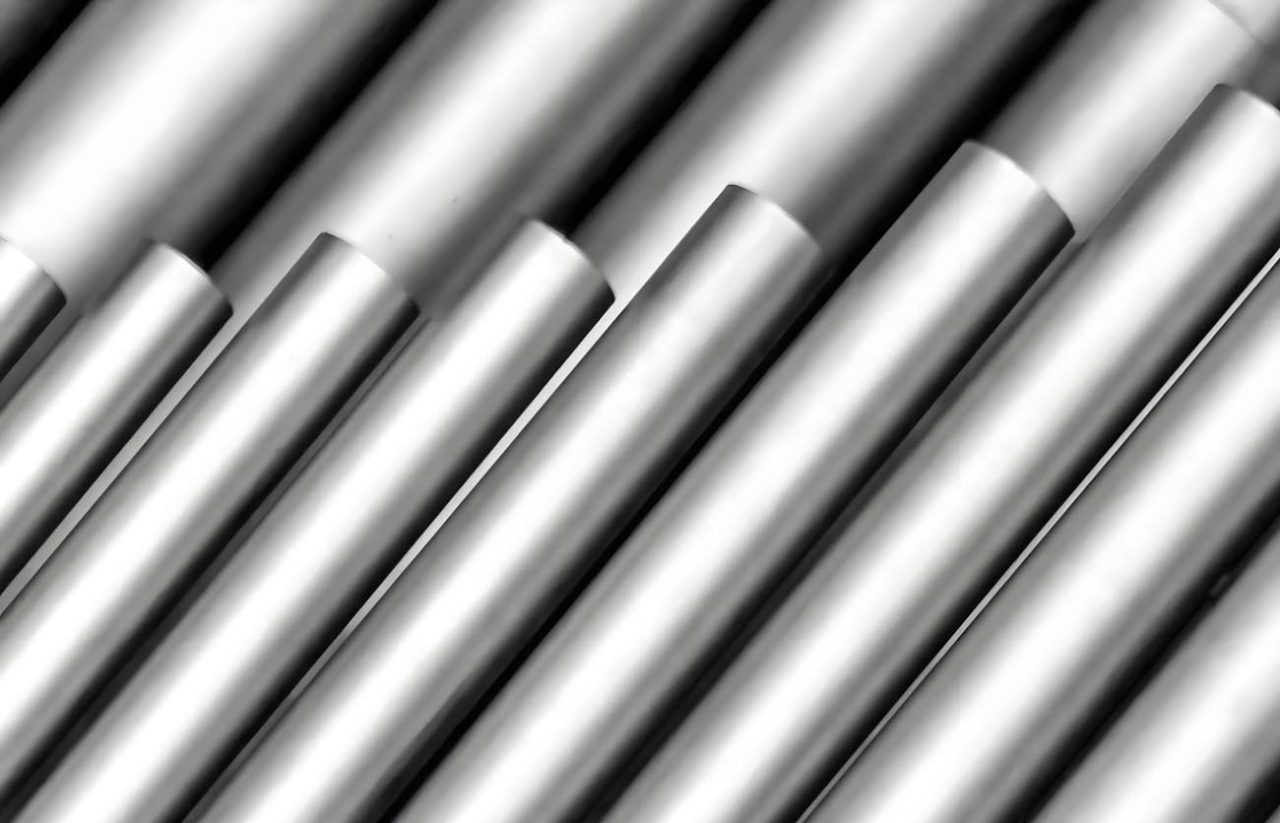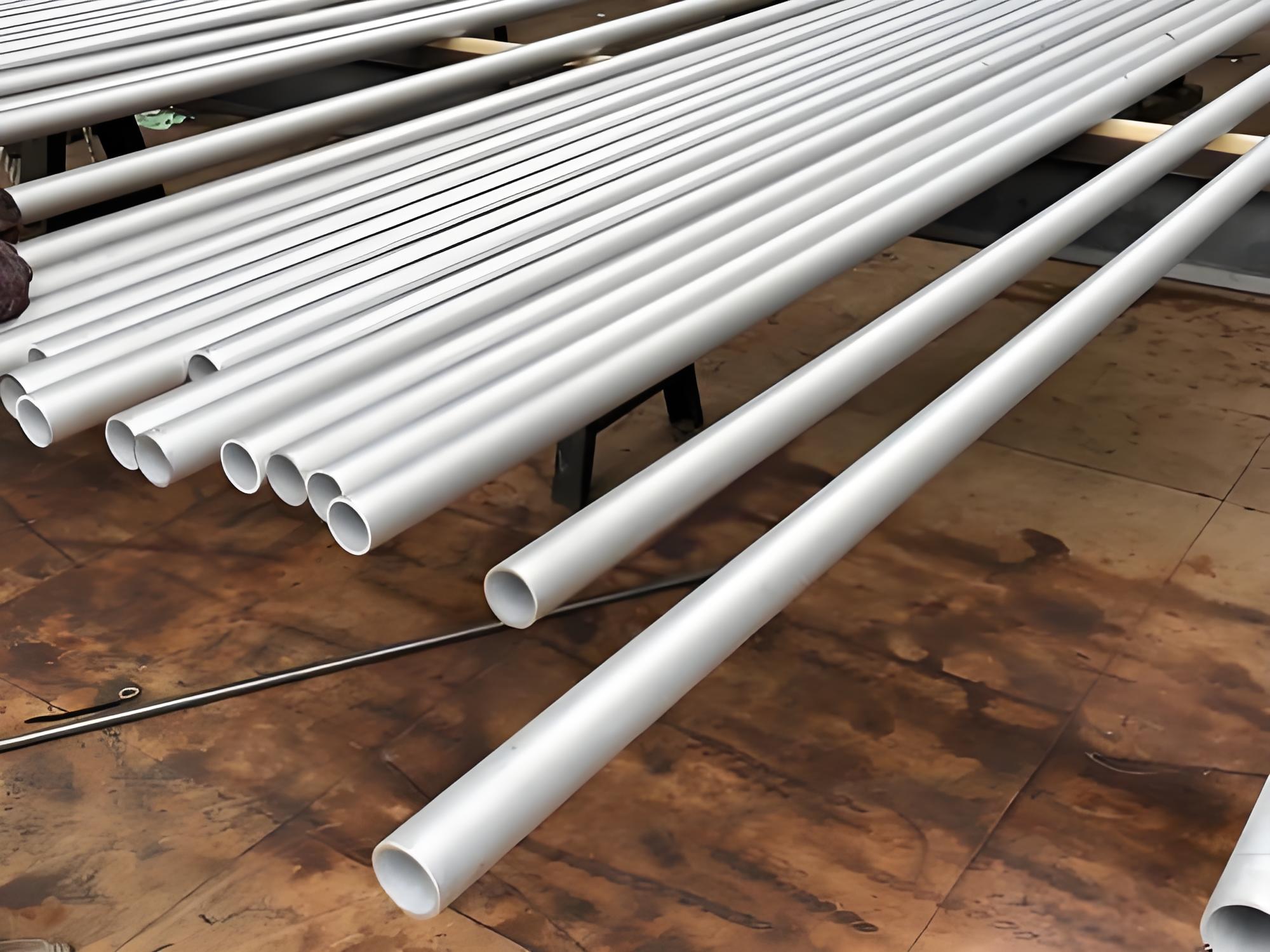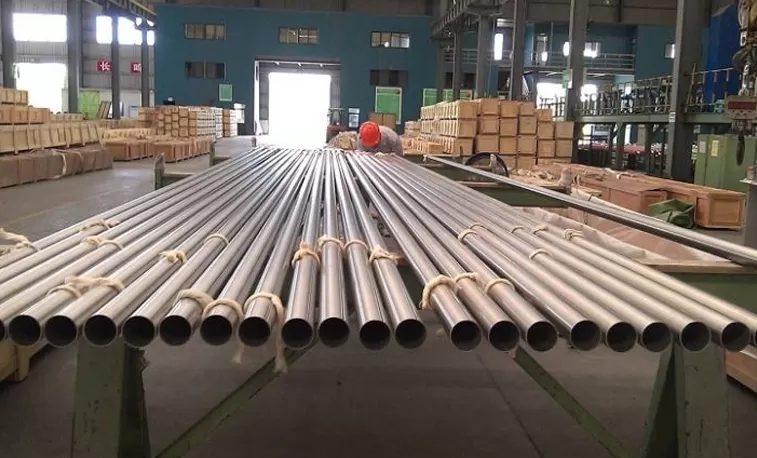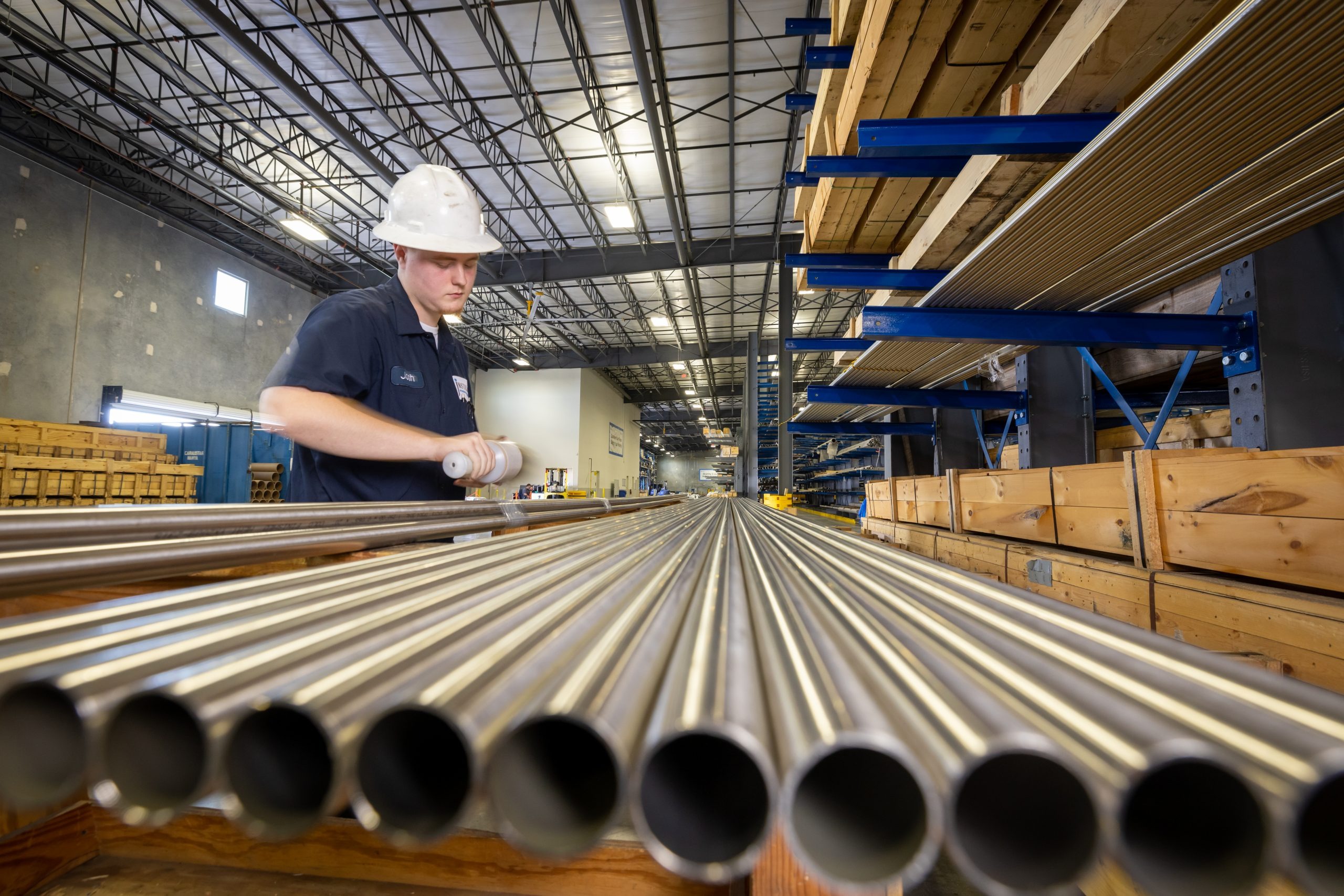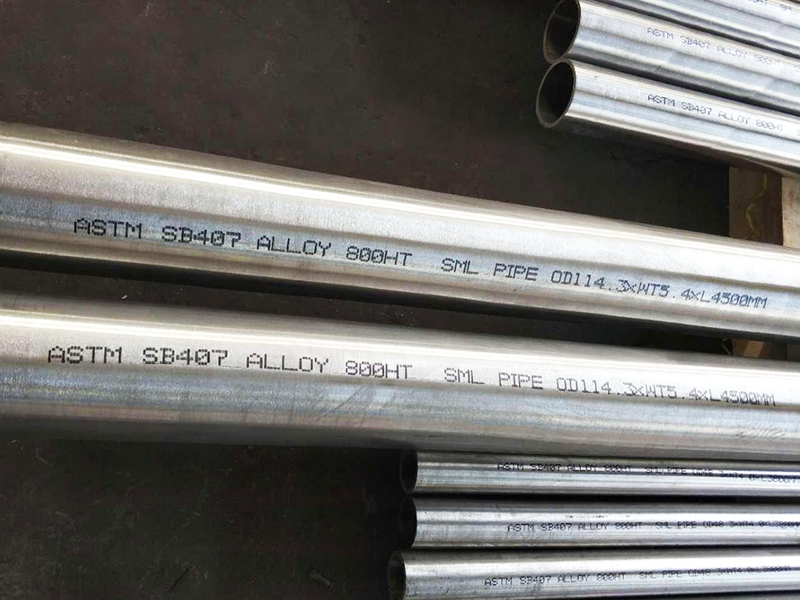Alloy C276 Nickel Pipe And Tube • UNS N10276 • WNR 2.4819
Alloy C276 is a highly versatile nickel-molybdenum-chromium alloy with excellent corrosion resistance in a wide range of severe environments. It is particularly known for its resistance to pitting, stress-corrosion cracking, and oxidizing atmospheres.
INCONEL alloy 625 steel tube | UNS N06625 | WNR 2.4856
INCONEL Alloy 625 (UNS N06625 / WNR 2.4856) is a highly versatile alloy widely used across various industries due to its exceptional mechanical properties, outstanding corrosion resistance, and excellent fabricability. It is particularly well-suited for high-stress and high-temperature applications in aerospace, marine, chemical processing, oil and gas, and power generation sectors.
Nickel 690 Alloy Steel Tubes (UNS N06690 / WNR 2.4642)
Nickel 690 (UNS N06690 / WNR 2.4642) is a versatile alloy with excellent welding and fabrication characteristics. By adhering to best practices and understanding the specific requirements of this alloy, engineers and fabricators can ensure high-quality results in various industrial applications. Its robustness in resisting corrosion and maintaining mechanical integrity at high temperatures makes it a preferred choice for demanding environments.
Nickel Alloy 825 Steel Tube (UNS N08825 / WNR 2.4858)
Nickel Alloy 825 (UNS N08825 / WNR 2.4858) is a versatile alloy with excellent resistance to corrosion and high-temperature stability. Its favorable welding and fabrication characteristics make it a preferred choice for demanding industrial applications. By adhering to best practices and understanding the specific requirements of this alloy, engineers and fabricators can ensure high-quality results and reliable performance in various environments such as chemical processing, oil and gas, pollution control, and nuclear power.
Nickel 800, 800H, 800HT Alloy Steel Tube | UNS N08800/N08810/N08811
Nickel Alloy 800, 800H, and 800HT (UNS N08800/N08810/N08811) offer excellent strength and resistance to oxidation and carburization at high temperatures, making them suitable for demanding industrial applications. By adhering to best practices and understanding the specific requirements of these alloys, engineers and fabricators can ensure high-quality results and reliable performance in various environments, including chemical processing, petrochemical and refining, power generation, and nuclear power industries.

